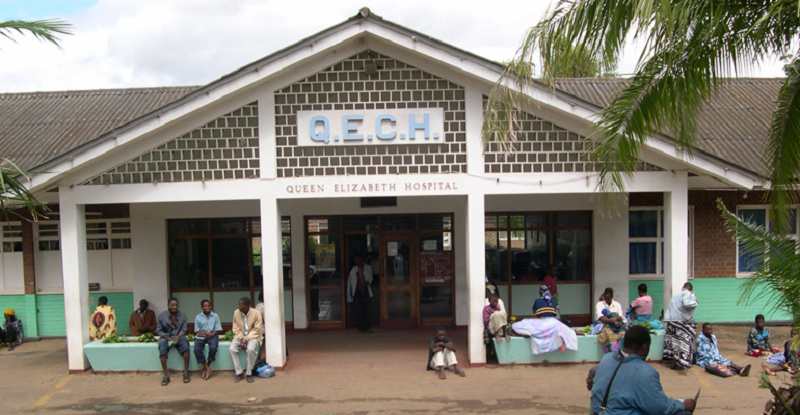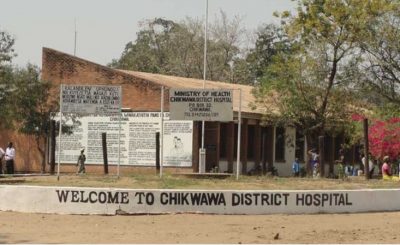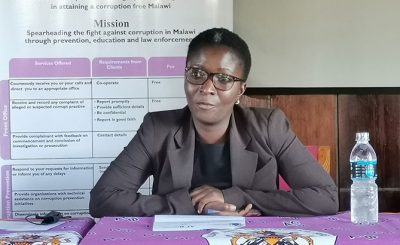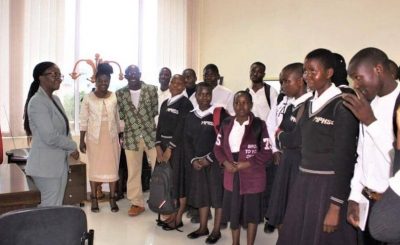Cancer is one of the most fatal and leading illnesses in the country. According to the National Cancer Strategy, the burden of cancer could be underestimated due to inadequate cancer diagnostic services and underreporting.
Meet Linda (not her real name), a two-year-old baby girl from Phalombe district, who is suffering after she was wrongly diagnosed with cancer.
According to Linda’s mother, the child is having sleepless nights after her left eye protruded following a recommendation by doctors at the Queen Elizabeth Central Hospital (QECH) for her to go for cancer treatment.
“After being referred to Queens from Mulanje, we were told to wait for transport to Mwaiwathu as the doctor said that Queens do not have the equipment to do the test,” she said.
The test which was done at Mwayiwathu Hospital, as Queens has no capacity for such test, ended in having the child put on a three-month cancer treatment immediately.
“We waited for two weeks before she was finally tested at Mwaiwathu on Monday and I was later informed that she was detected with cancer,” mother to the victim, Catherine Kamwendo said.
The child is said to have responded positively to the medication as the eye was getting better.
Three months later, according to Kamwendo, the doctor told her that the daughter had no cancer and that there was need for her to be put under strict observation and they changed her treatment.
Kamwendo said after changing the treatment, the situation worsened. Among other abnormalities, the swollen eye later protruded and the child lost sight and currently the child bleeds from the nose as the impact of the eye.
“She barely sleeps due to pain, she is going through and ever since the medication was changed a lot of blood oozes from her nose,” said Kamwendo.
YFM made an initiative to meet the doctor who handled the child at Queen Elizabeth Central Hospital. Upon arrival at the hospital, YFM met Dr. George Chaguluka.
Dr. Chaguluka, denied that he communicated to the mother that he misdiagnosed the child of cancer claiming the mother might have said that to seek public sympathy.
“That’s not true, the family might have said that to buy sympathy and in most cases, when a person is diagnosed of disease like this, it affects the patient and guardians psychologically,” Dr. Chaguluka said.
Human Rights Defenders Coalition (HRDC) National Coordinator Luke Tembo said this is a clear indication of poor delivery of health services in the country and has since asked the minister responsible to act swiftly on the matter.
Just like every mother’s wish, Linda’s mother wants her daughter to get the best medical treatment because according to her; public hospitals are giving half-baked services.
Malawi launched the Health Sector Strategic Plan (HSSP) II in 2017 in order to ensure the improvement of health status, financial risk protection as well as client satisfaction.
Three years down the line since the launch of the tool, Malawi is still characterized by its syndrome of launching policies but failing to implement such policies as evidenced by Linda’s situation.
Had it been that some of these were implemented, could we still be talking about government paying private health facilities to conduct some tests on behalf of public hospitals because they do not have the capacity?
How much tax payer’s money is being lost?





